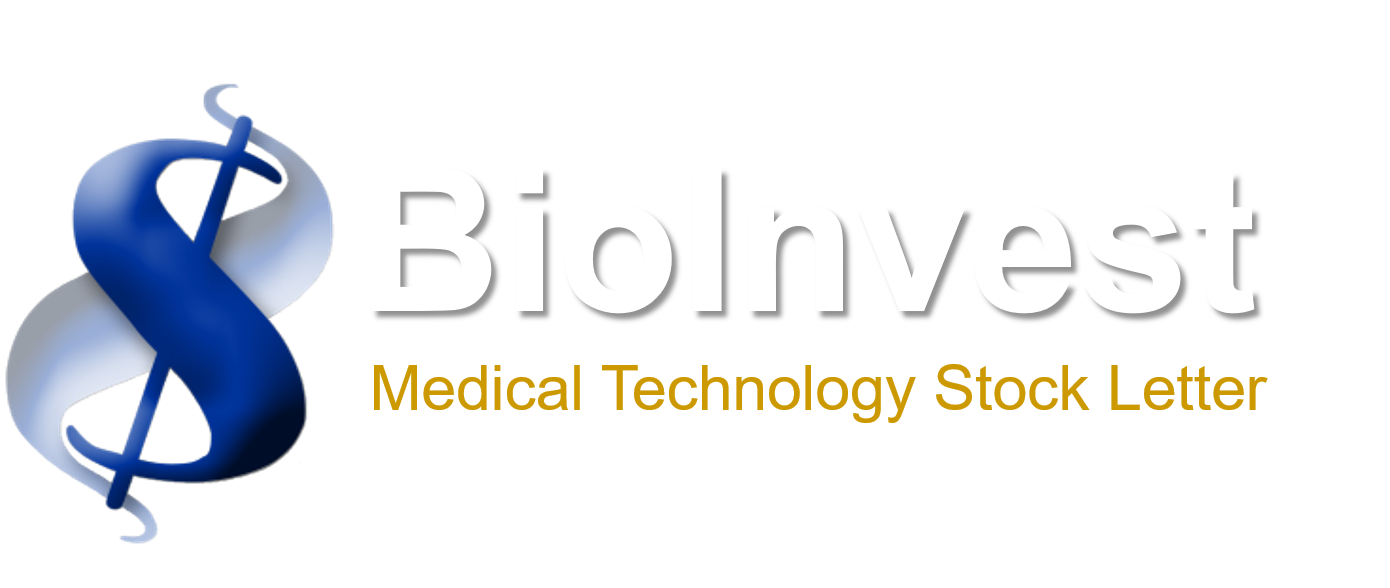
The next-generation of cholesterol drugs -– compounds that inhibit PCSK-9 -– were approved in 2016; these targeted drugs rapidly reduce LDL cholesterol in a wide variety of patients with cardiovascular disease, notes Jay Silverman, editor of The Medical Technology Stock Letter.
Despite their unheralded efficacy, the PSCK-9s have rolled out slowly as they were approved to treat a very small market of genetically extreme LDL levels.
The antibodies are also expensive — roughly $14,500 annually per patient – which has led insurers to reject reimbursement or make it prohibitively cumbersome to get reimbursement.
Despite significantly lowering LDL cholesterol in multiple earlier studies, the companies developing these drugs have yet to show they can save lives in a large Phase III trial.
In our view, 2017 is the year that will represent the turning point for PCSK-9s and lead to a hockey stick type of growth for the class.
Amgen (AMGN) is first up and will deliver pivotal data in the first quarter of 2017. Regeneron (RGEN) with Sanofi (SNY) will follow suit later in the year.
These results could lead to FDA label expansion that will vastly expand use of these drugs, forcing insurers to broaden their reimbursement.
That is where The Medicines Company (MDCO) comes in.
